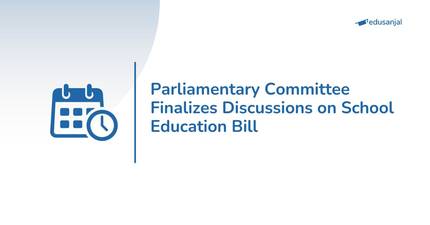On July 28, 2023, the government has taken action to address the criticism regarding the Secondary Education Examination (SEE) results. As part of their efforts to enhance student pass rates, they have introduced a new initiative. Starting from this year's SEE, the government has chosen to incorporate a 25-mark internal practical test in Mathematics.
Nevertheless, there are apprehensions about the insufficient availability of subject teachers and math labs in government schools. Certain experts contend that the incorporation of internal evaluation scores, especially in subjects like mathematics, might lead to an artificial inflation of higher grades in the SEE results, without necessarily translating to genuine enhancements in students' learning and abilities.
Bishnu Narayan Shrestha, the controller responsible for the National Examination Board's SEE examination, highlighted that more than 200,000 students achieved a GPA of less than 1.6 in this year's examination. This alarming statistic led the government to introduce the 25-mark internal assessments in mathematics, aiming to make the subject more practical and effective for the students.
Controller of Examination Shrestha revealed that, with the exception of mathematics, all mandatory subjects had 25 marks designated for internal evaluation. He stressed that the primary goal is to establish a meaningful connection between students' lives and mathematics while aligning it with the new curriculum for class 10.
In the upcoming Secondary Education Examination (SEE) 2080, there will be a 25-mark practical test in mathematics, following the new curriculum introduced in the current academic session.
In the latest publication of SEE results, it was reported that out of a total of 483,565 participating students, 24,268 students obtained D and E grades (less than 30 marks) in Mathematics, leading to a 42.24% failure rate for the subject.












